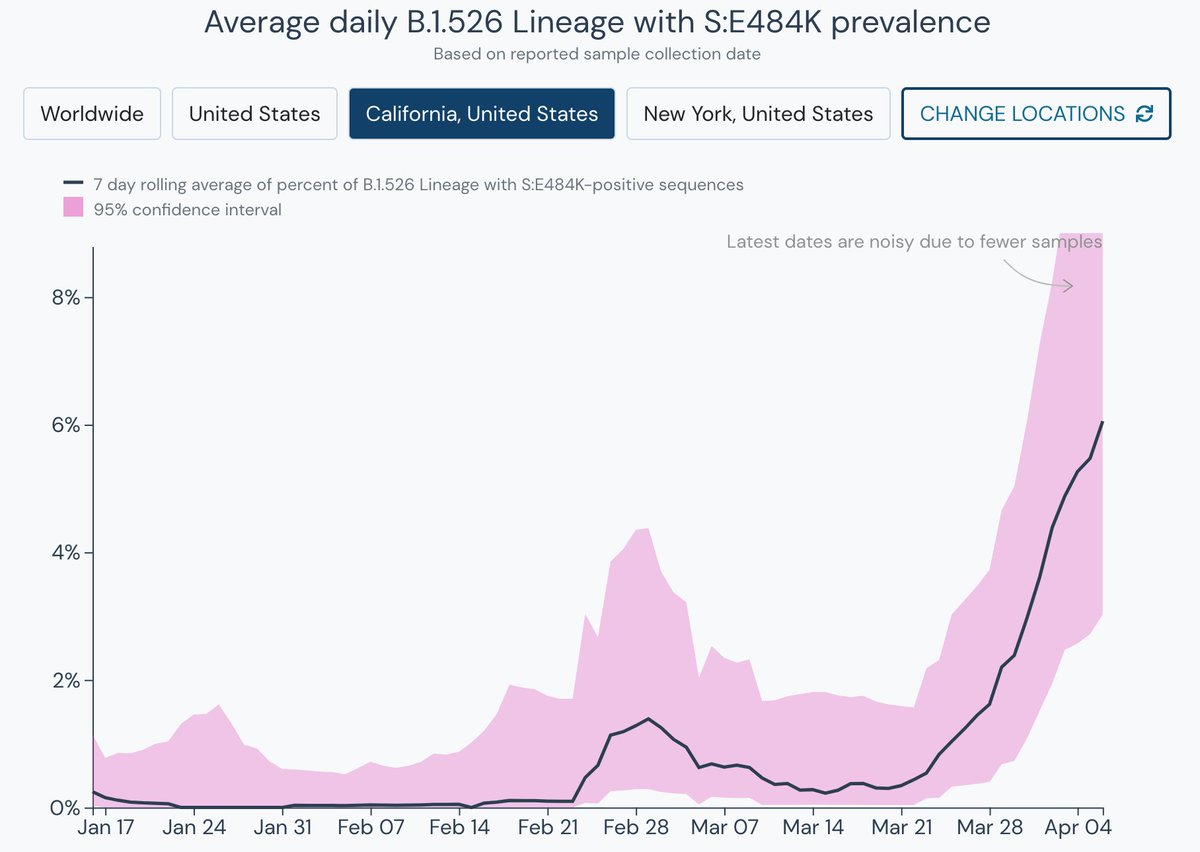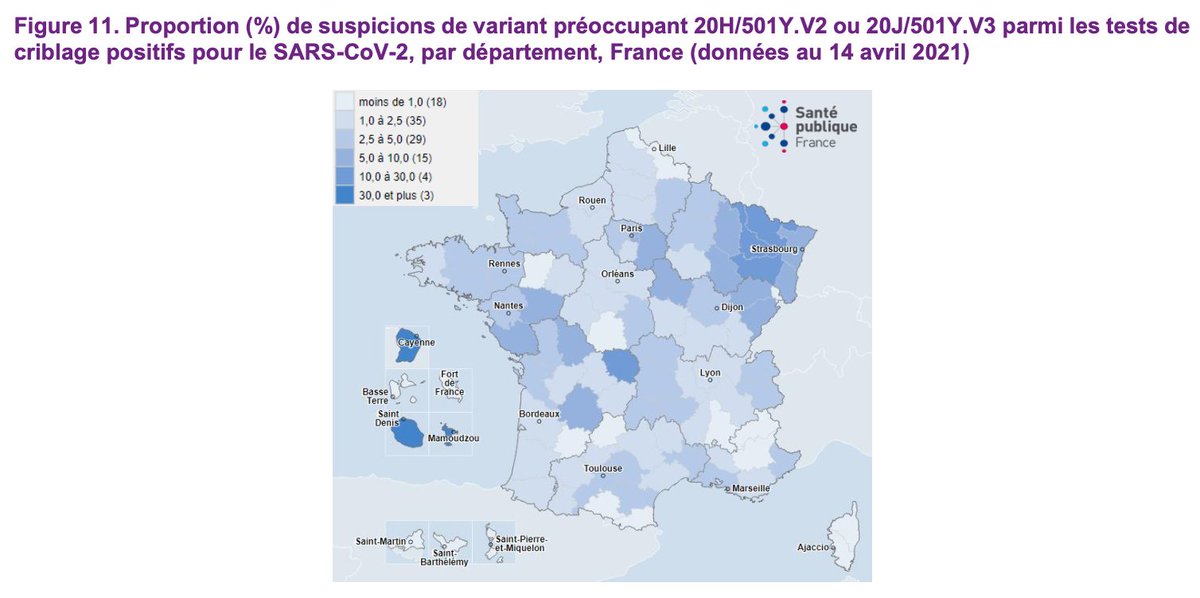
There’s still uncertainty about how much protection various COVID vaccines give against certain variants of concern (e.g. B.1.351 identified in SA & P.1 in Brazil). So where will new real-life evidence on vaccine effectiveness against variants come from? A few thoughts...1/
First we need to be clear what type of protection we're talking about (see below:
https://twitter.com/nataliexdean/status/1349467707037474820?s=20) – protection against infectiousness will shape transmission dynamics, whereas protection against severe disease will influence outcomes like hospitalisations and deaths. 2/
Much of the evidence to date about different forms of protection against variants has come either from lab studies of immune responses or secondary data from vaccine trials. Both are useful, but also have some limitations... 3/
Neutralising antibodies correlate with reduced infection risk (jcm.asm.org/content/58/11/…) and vaccine efficacy against disease (medrxiv.org/content/10.110…) but may not always give full picture about breadth of long-term immune response (e.g. imperial.ac.uk/news/211653/co…)... 4/
Meanwhile, vaccine trials typically focus on any symptomatic cases, so secondary analysis of minority variants may have small sample size (nejm.org/doi/full/10.10…), particularly if looking at rarer outcome like hospitalisation or harder-to-measure outcomes like infection. 5/
If we want to know how well vaccines work against variants of concern in real-life, we really need to look at places where: 1) that vaccine is being widely used, 2) there is a relatively high risk of infection with that variant. So where might these places be? 6/
Israel has relatively high vaccine coverage (mostly Pfizer) and circulation of B.1.351, albeit with case levels quite low now. However, this has still enabled some early insights into patterns of protection post-vaccination:
https://twitter.com/SternLab/status/1380922920734711811?s=207/
We'll likely see similar studies from various parts of the US soon, as P.1 and other variants of interest/concern continue to circulate (e.g. outbreak.info/situation-repo…) 8/ 



In east of France there is considerable B.1.351 circulation (santepubliquefrance.fr/maladies-et-tr…) as well as a mix of AZ and other vaccines (lexpress.fr/actualite/soci…), so worth watching emerging data from here. 9/ 

There have been some small UK outbreaks of B.1.351, which may also provide some early indications - but of course, the better the UK suppresses these variants, the more it will have to rely on signals from elsewhere. 10/
https://twitter.com/AdamJKucharski/status/1382006630997323776?s=20
Vaccine studies in places like Brazil are also providing insights into effectiveness of vaccines like CoronaVac in places where variants like P.1 are dominant, e.g. medrxiv.org/content/10.110… 11/
Some countries are also using reactive study designs to understand effectiveness, like a geographically targeted campaign following a B.1.351 outbreak in Austria (nytimes.com/2021/03/04/wor…), which bears some similarities to Ebola ring vaccination trial (bmj.com/content/351/bm…) 12/
There are also some ongoing vaccine trials that could provide insights into efficacy against variants (e.g. bmj.com/content/372/bm…), although as noted above, will harder to estimate effects against rarer outcomes like severe disease. 13/
The above is a non-exclusive list, but hopefully gives an indication of what to be watching out for. And finally, some more details on the methods being used to evaluate vaccine effectiveness in real-life conditions: sciencedirect.com/science/articl… 14/14
• • •
Missing some Tweet in this thread? You can try to
force a refresh


